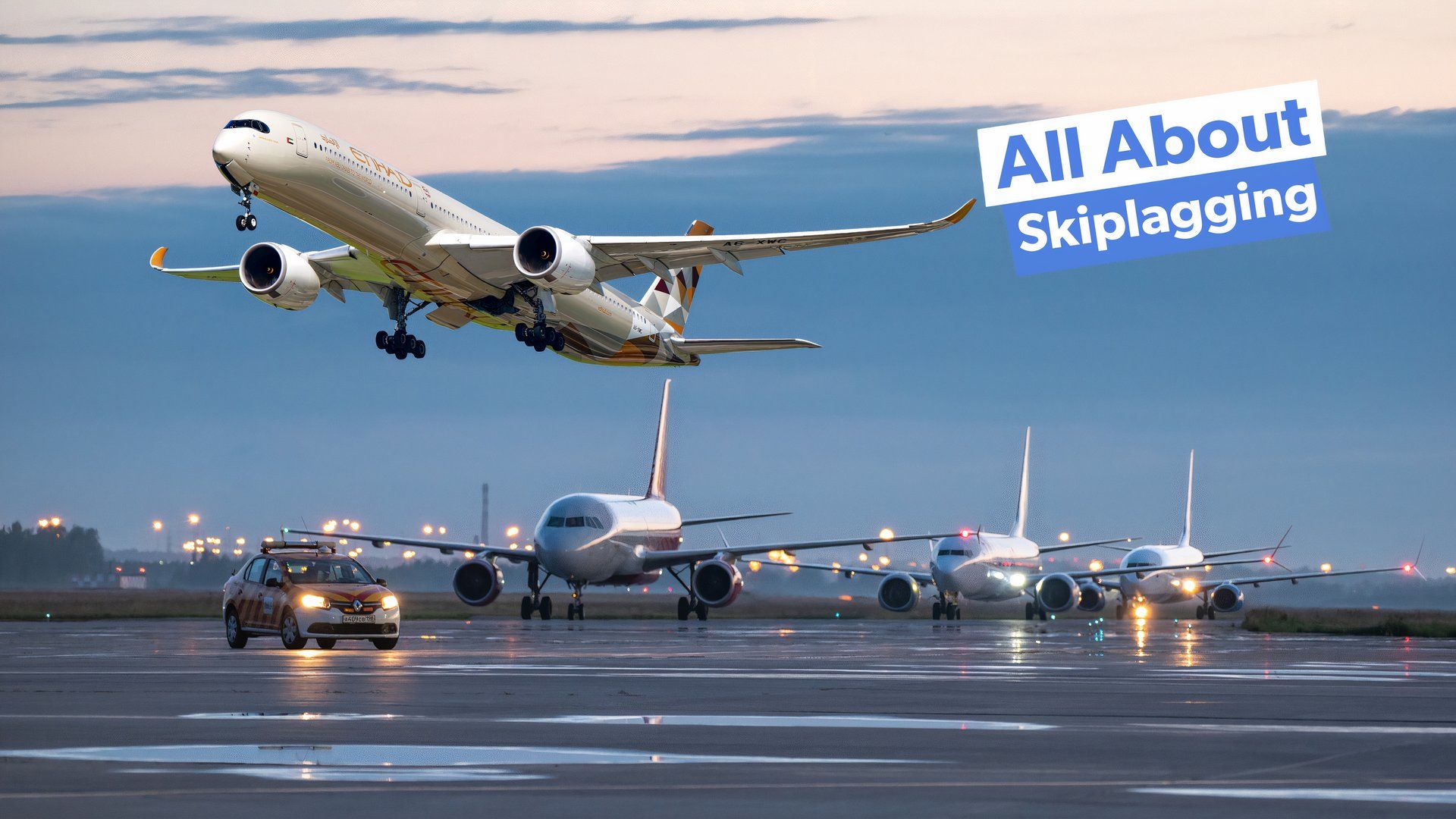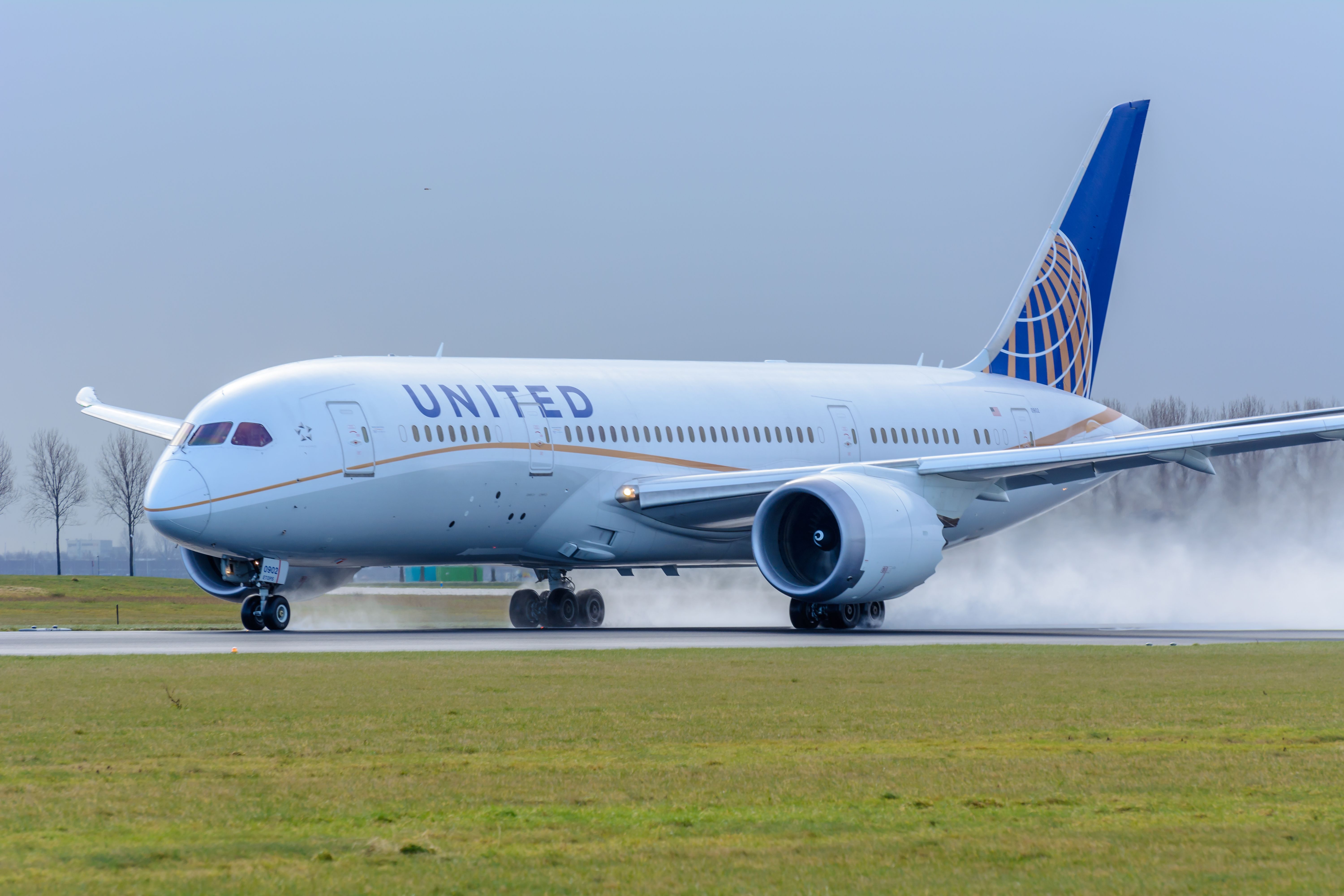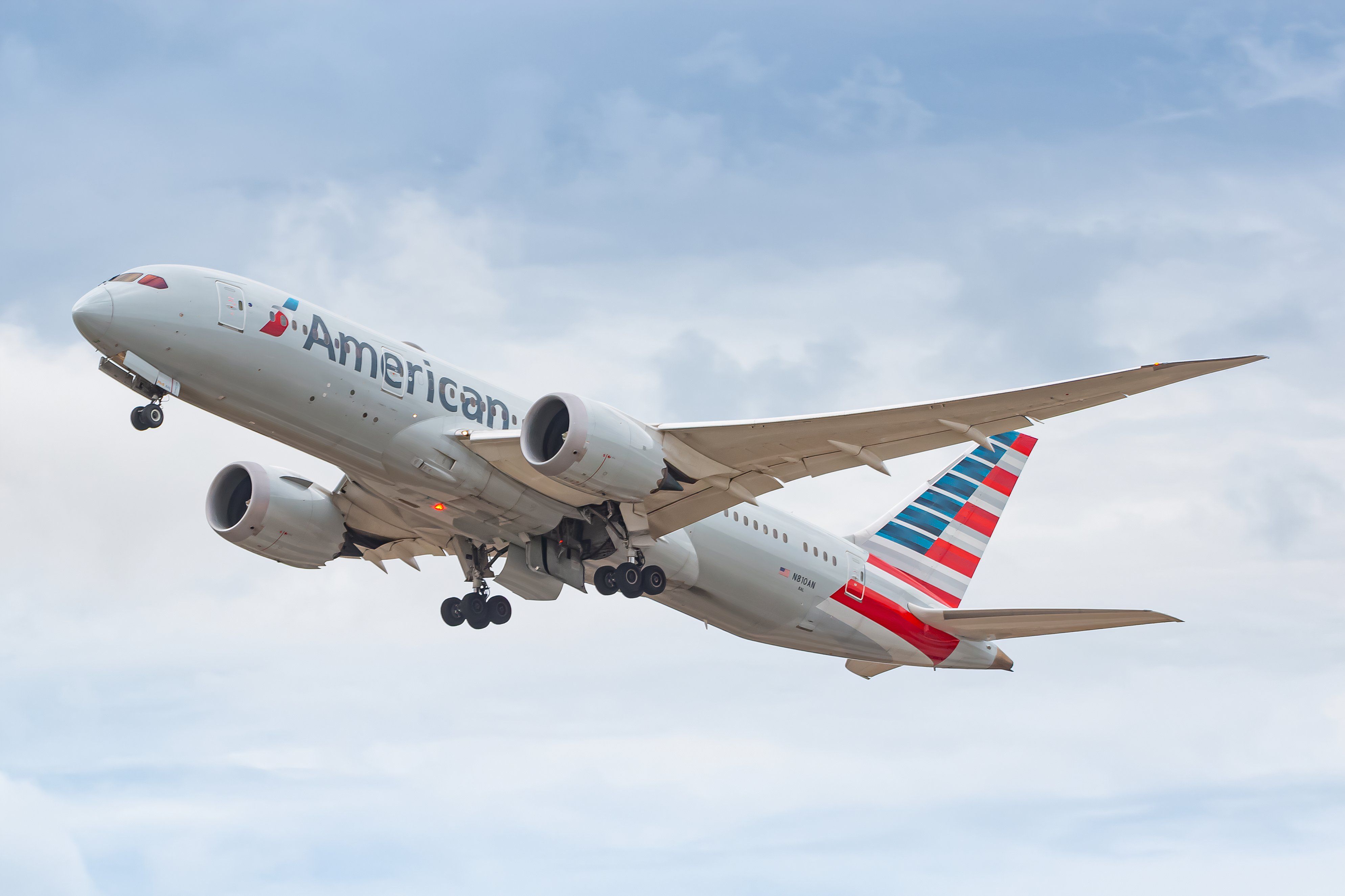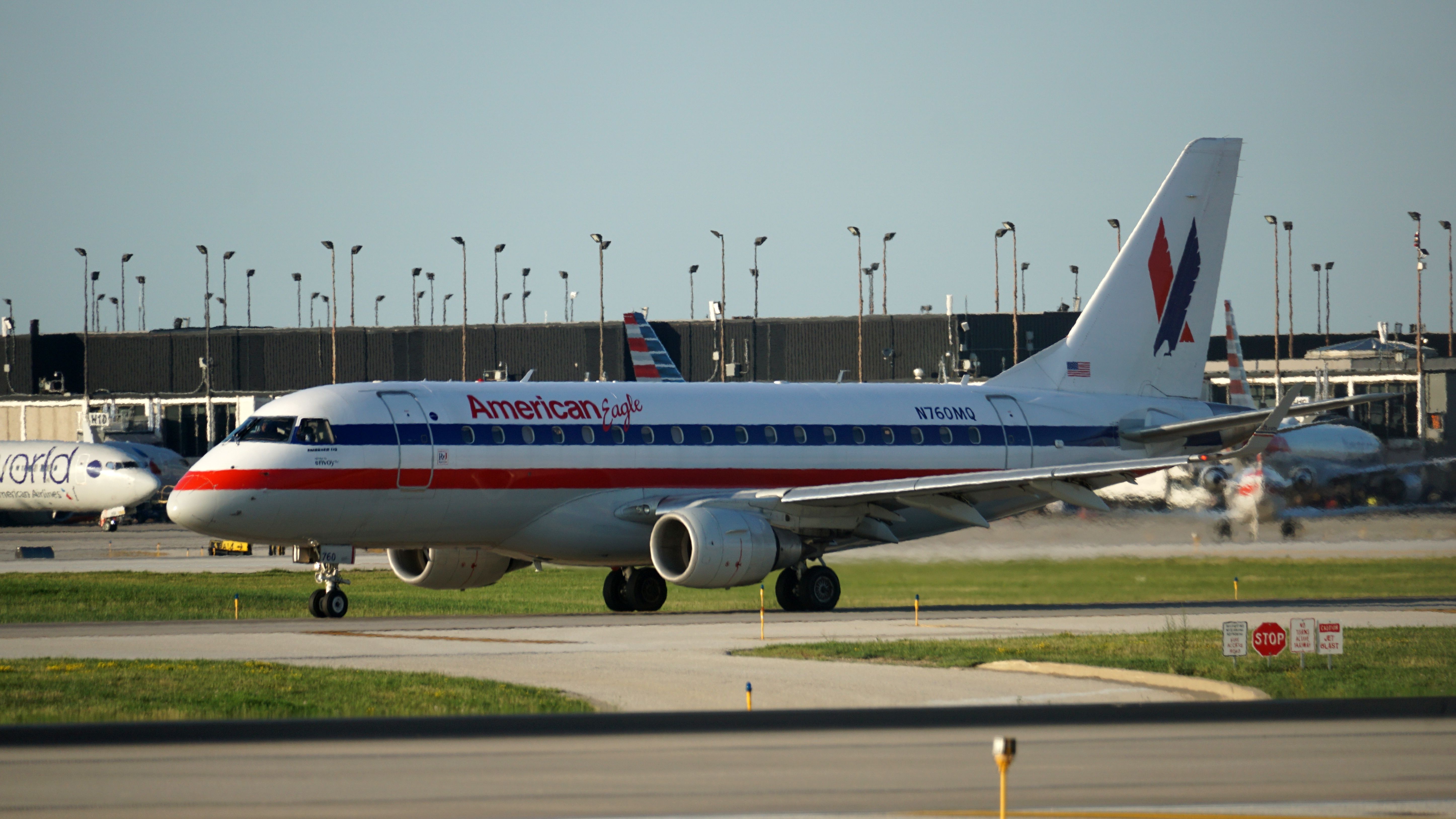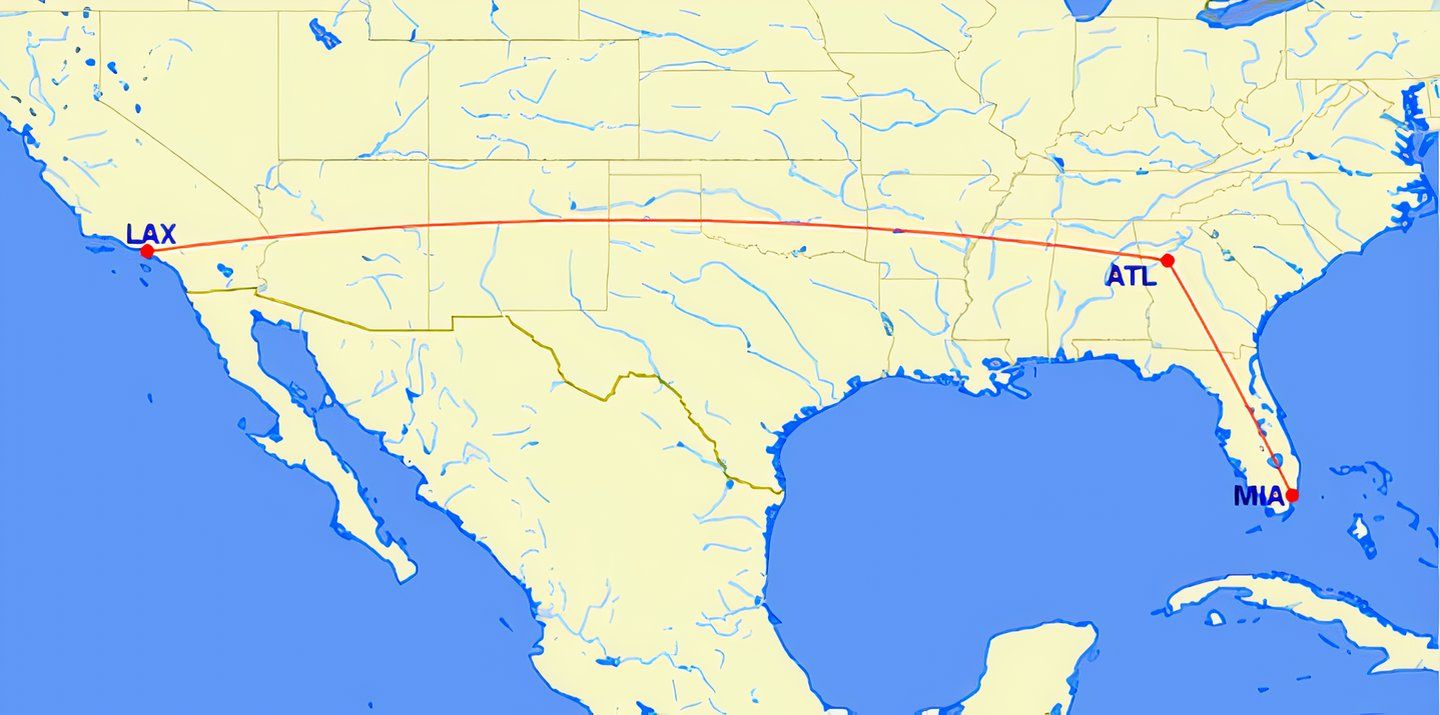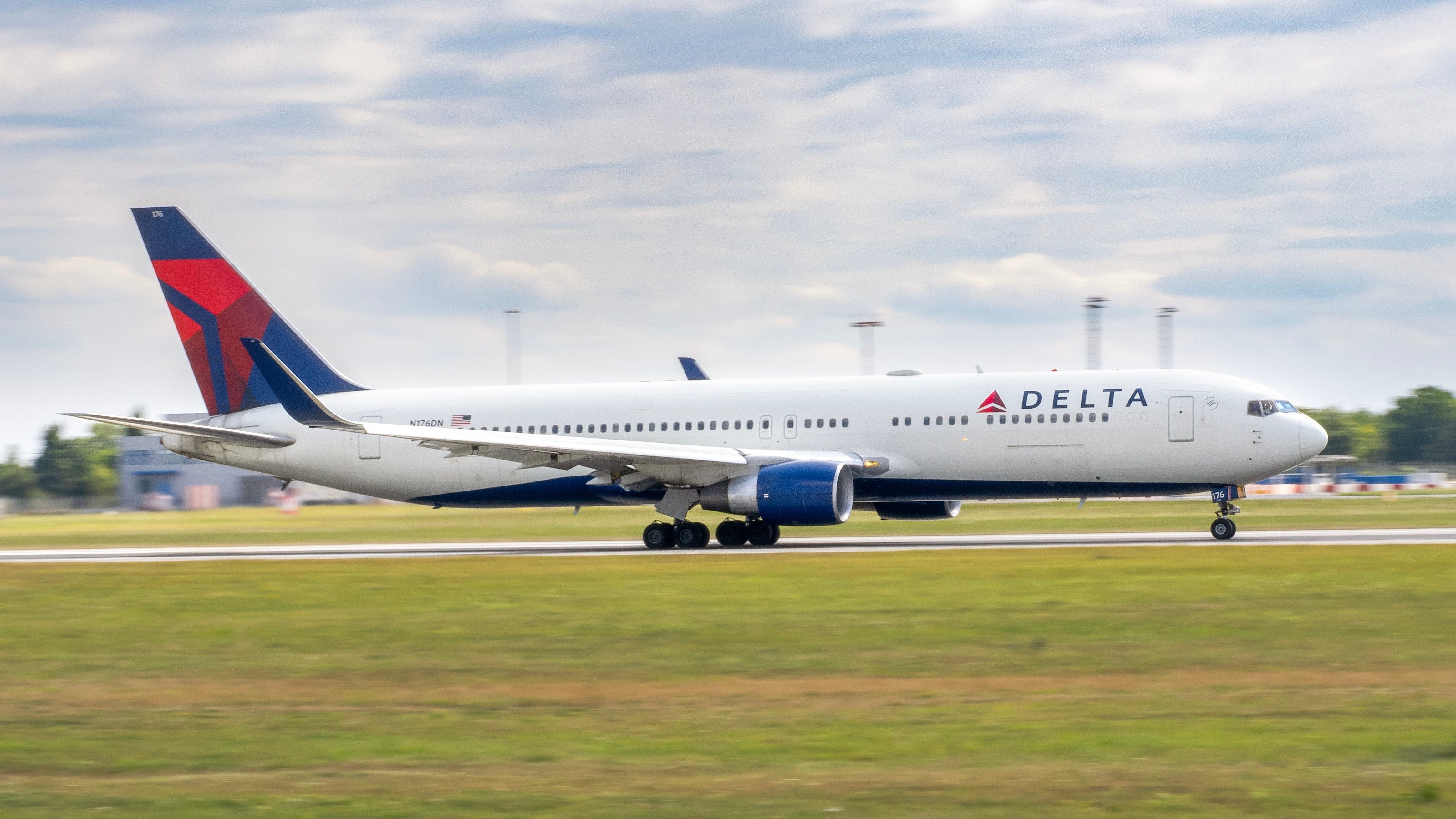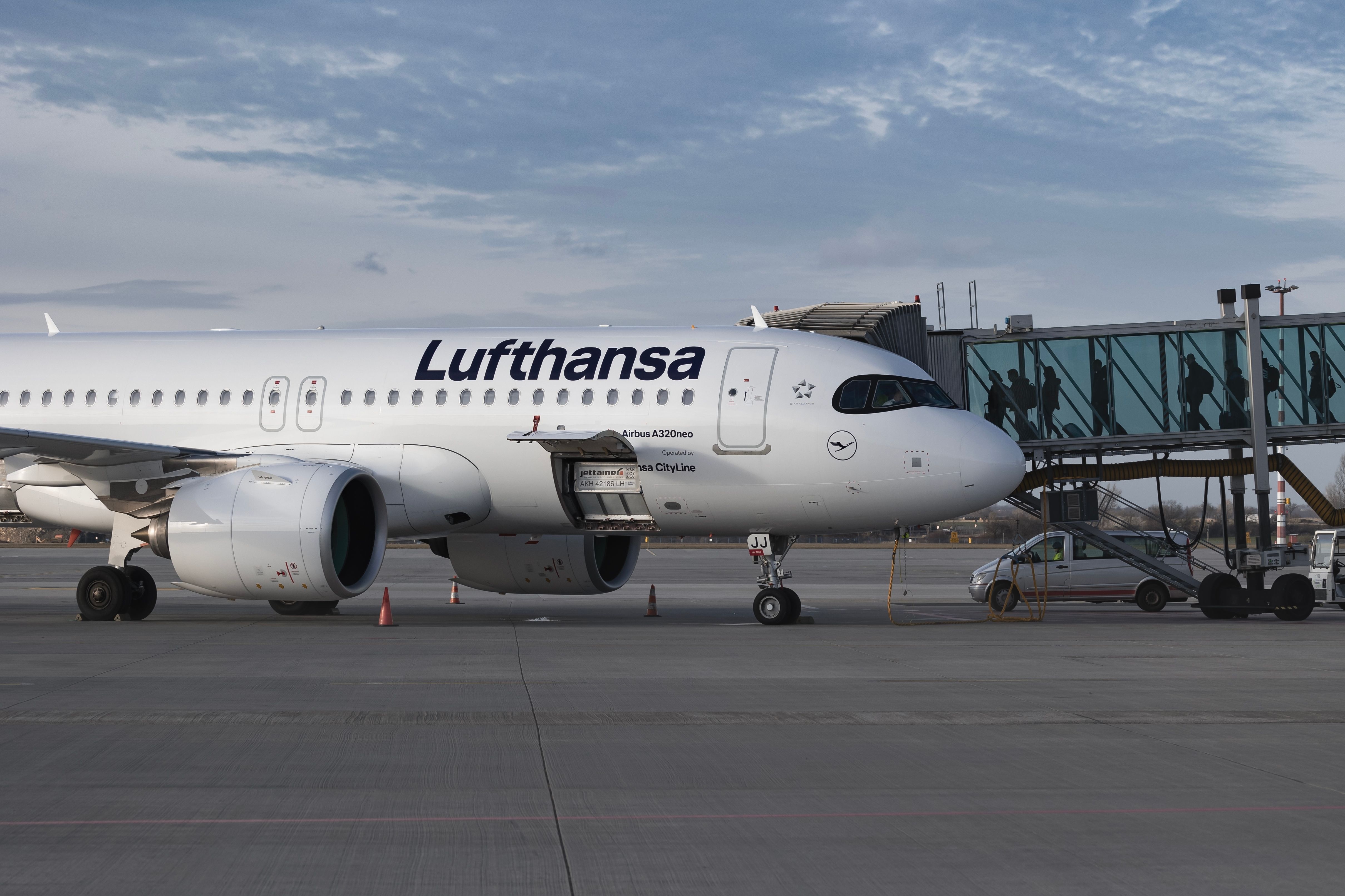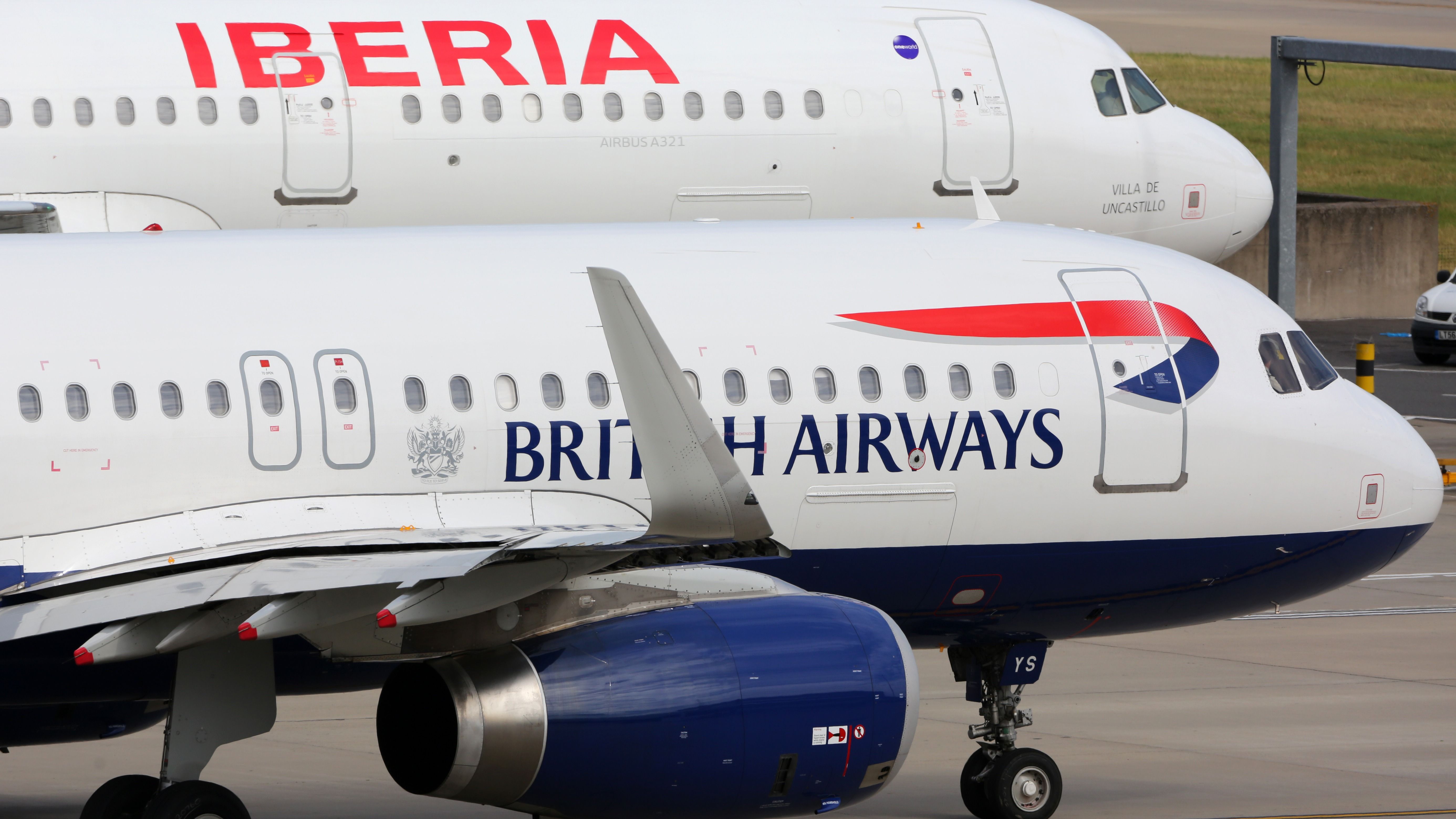Skiplagging, also known as “hidden city ticketing,” is a controversial airfare hack that has caught the attention of both travelers and airlines. This practice involves booking a flight with a layover and deliberately skipping the final leg of the journey to reach the layover city at a reduced fare.
Photo: Nieuwland Photography | Shutterstock
While it may seem like an ingenious way to save money, skip-lagging has many risks and complications. Here are five key statistics you should know about skiplagging before trying it.
1
How skiplagging works
Book two flights, fly only one
Skiplagging exploits the way airlines price tickets. Flights with layovers in major hubs are often cheaper than direct flights to the same destination. For example, if you want to fly to Atlanta, you might find that a ticket to Miami with a layover in Atlanta costs less than a direct flight to Atlanta itself. In skip-lagging, the traveler books the cheaper flight to Miami but exits at Atlanta, skipping the final leg.
Photo: Lukas Wunderlich | Shutterstock
This technique has been around for years and gained popularity through websites like Skiplagged.com, which specializes in helping users find hidden city fares. According to The Independent, Skiplagged.com has been sued by significant airlines, such as United Airlines, for promoting this travel hack.
“We’ve used Skip Lagged almost exclusively for the last five to eight years… Booked a flight from Gainesville regional to JFK via Charlotte.”
However, Parsons recounted how his son, Logan, was detained by airport officials when they suspected he was attempting to skip the final leg of his journey.
2
The risks of skiplagging
This cost-saving practice may cost you!
While skip-lagging may offer financial savings, it comes with significant risks that travelers should consider. Airlines have strict policies against this practice, and passengers caught skiplagging may face penalties, including canceling frequent flier accounts and future tickets.
In one high-profile case, a teenager flying with American Airlines was detained after attempting to skip a leg, prompting a warning from the airline. According to NPR, airlines consider skiplagging a violation of their contractual terms, which state that tickets must be used as purchased.
Photo: MKPhoto12 | Shutterstock
Beyond potential penalties, skip-lagging can also lead to logistical challenges. For instance, airlines might reroute your flight at the last minute or cancel your reservation if they suspect you won’t complete the entire journey. According to the New York Times, passengers who check bags won’t be able to access their luggage in the layover city, as bags are checked through to the final destination.
3
Airlines are cracking down
Some airlines are suing passengers
Airlines are increasingly taking steps to curb skip-lagging, using technology and data analytics to identify travelers who engage in this practice. For example, they may track patterns of passengers consistently missing the final leg of their journey or flag suspicious bookings. According to BBC Worklife, airlines argue that skip-lagging disrupts their pricing models and can result in lost revenue, which may lead to higher ticket prices for all travelers.
Photo: kamilpetran | Shutterstock
Several airlines have issued warnings and even sued passengers for skiplagging. In one notable instance, Lufthansa sued a passenger in 2019 for skipping the final leg of their flight, citing a breach of contract. According to Travel + Leisure, some airlines have started including clauses in their terms of service explicitly banning hidden city ticketing and reserving the right to take legal action against offenders. Here are what some airlines are doing about it:
4
Potential savings
Some travelers save several hundreds
Despite the risks, skip-lagging remains attractive to budget-conscious travelers. Savings can be substantial, especially on last-minute flights or routes where direct flights are disproportionately expensive.
Photo: kamilpetran | Shutterstock
According to Nerd Wallet, hidden city fares can sometimes be up to 50% cheaper than standard direct flights. Websites like Skiplagged.com have made finding these hidden city deals more accessible than ever, using algorithms that scan airline pricing systems to reveal the cheapest possible routes. The platform has become popular among travelers seeking to cut down on airfare costs, and despite legal challenges, it continues to operate and grow.
However, travelers should weigh the savings against the risks and inconveniences. While you may save money, the stress of navigating potential cancelations, flight changes, and penalties might not be worth it in the long run.
5
Alternatives to Skiplagging
Three options that are both legal and budget friendly
For those wary of the risks but still looking to save money on airfare, alternative strategies can help. One option is to use flexible travel dates and search for cheaper flights by being open at different times or days of the week. According to the New York Times, travelers book flights well in advance, as prices tend to rise closer to the departure date.
Photo: Fasttailwind | Shutterstock
Another strategy is to look for budget airlines or discounted fare alerts through services like Google Flights or Hopper, which notify travelers when ticket prices drop. Additionally, travelers can use frequent flier programs and credit card rewards to reduce airfare costs without skipping logging. According to Travel + Leisure, using points and miles is a far safer and more reliable way to save on flights.
It’s also helpful to book connecting flights with long layovers to explore a new city without skipping any part of the journey. Some travelers enjoy spending a few hours in a layover city, experiencing a new destination, and then continuing to their final destination. This option eliminates the risks of skiplagging while still offering a similar experience.

